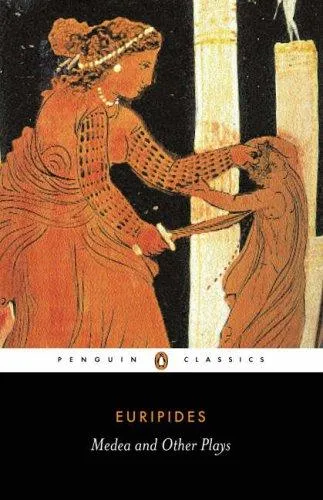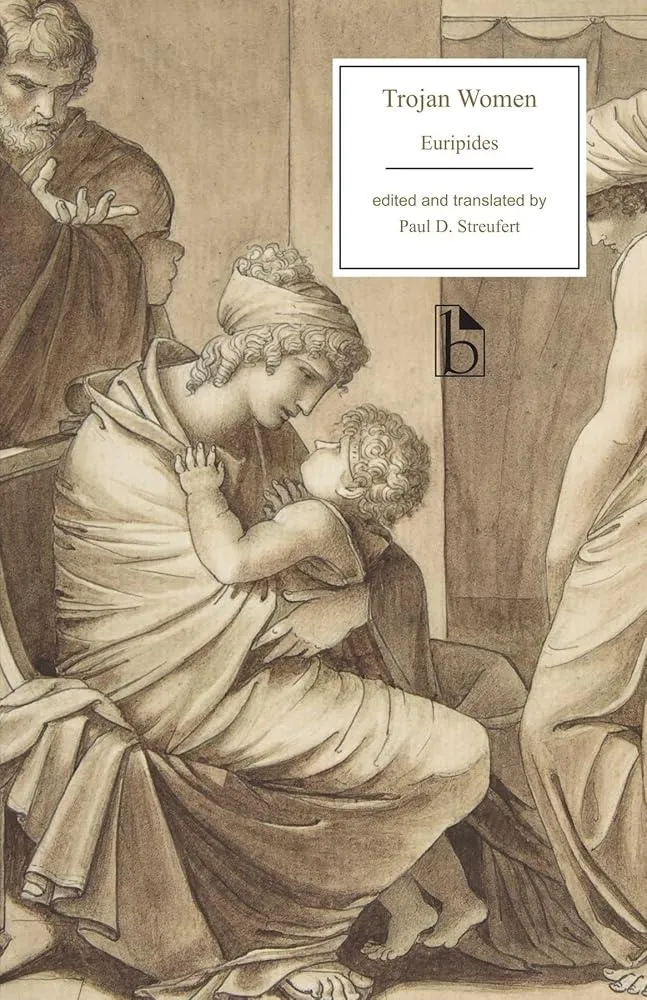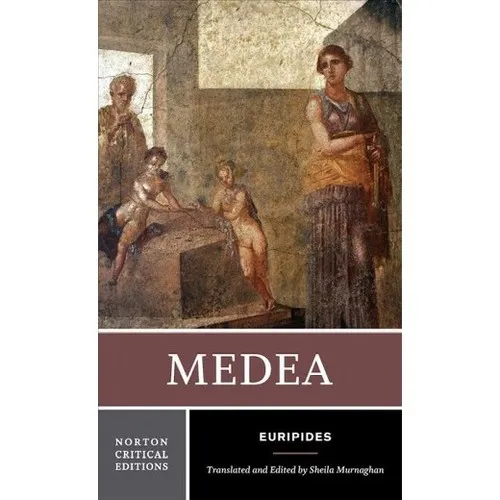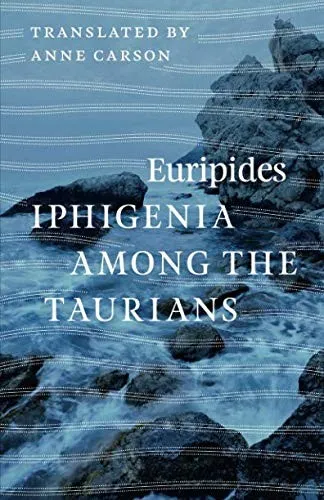
Medea, in which a spurned woman takes revenge upon her lover by killing her children, is one of the most shocking and horrific of all the Greek tragedies. Dominating the play is Medea herself, a towering and powerful figure who demonstrates Euripides' unusual willingness to give voice to a woman's case. Alcestis, a tragicomedy, is based on a magical myth in which Death is overcome, and The Children of Heracles examines the conflict between might and right, while Hippolytus deals with self-destructive integrity and moral dilemmas. These plays show Euripides transforming the awesome figures of Greek mythology into recognizable, fallible human beings.
Euripides
Euripides was an ancient Greek tragedian born around 480 BC in Athens. He is known for his innovative and controversial plays that challenged traditional beliefs and societal norms. Some of his most notable works include "Medea," "The Bacchae," and "Electra."
Euripides' plays often featured strong female characters and explored themes of revenge, betrayal, and the complexities of human nature. His use of psychological depth and moral ambiguity set him apart from his contemporaries and influenced future playwrights.
Euripides made significant contributions to the development of Greek tragedy, incorporating elements of realism and focusing on the inner lives of his characters. His works continue to be studied and performed around the world, with "Medea" being his most famous and enduring play. Euripides' legacy as a master of tragedy and a pioneer of dramatic storytelling has had a lasting impact on the literary genre.





